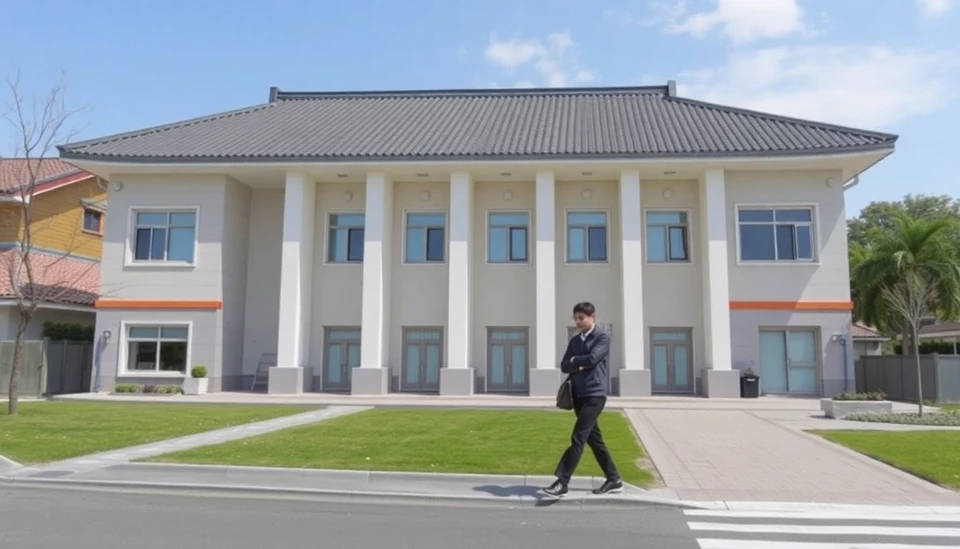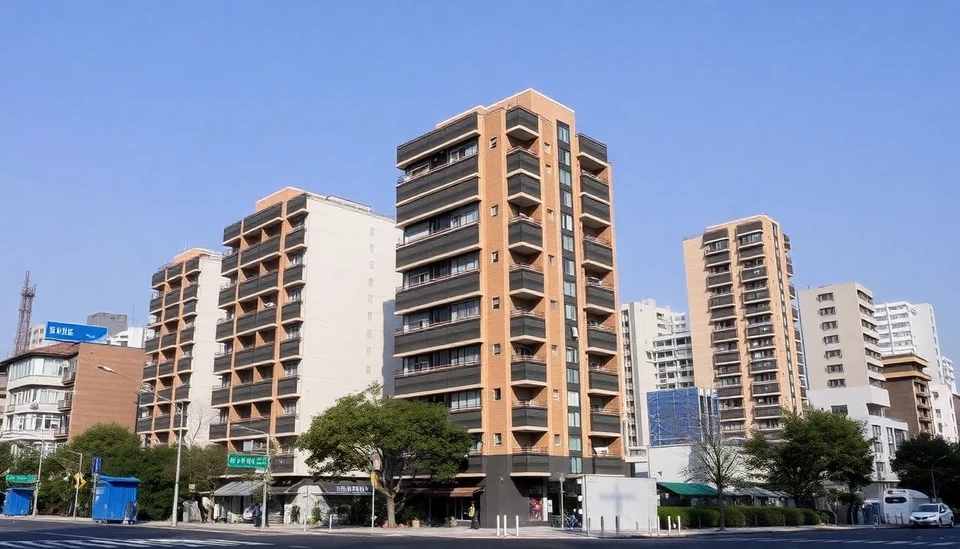
As the real estate market in Seoul experiences a significant slowdown, the Bank of Korea finds renewed support for its monetary policy adjustments. Following years of soaring property prices, recent trends indicate a reversal that may facilitate more stable economic conditions in the South Korean capital.
The Bank of Korea, which had long adopted a tight monetary approach to combat inflation, is now poised to consider possible rate cuts. Analysts claim the cooling housing market can provide the necessary backdrop for this shift. With national home prices witnessing their lowest levels in nearly two years, the central bank's confidence in adjusting its policy has been revitalized.
Home prices in Seoul have been declining for several months, with figures indicating a fall of 4.5% year-on-year in September alone. This downward trend is partly attributed to rising interest rates, which have diminished home affordability and dampened buyer enthusiasm. As government policies aimed at curbing speculation begin to take effect, the housing market is stabilizing, albeit at a lower valuation.
The state of the housing market is critical for the Bank of Korea's economic strategies since housing plays a pivotal role in consumer sentiment and spending. Lower property values suggest a decrease in potential household wealth, impacting individuals' willingness to invest in goods and services.
In response to these developments, market analysts are closely monitoring the Bank's forthcoming decisions. Many experts expect that should home prices continue to slide, the Bank may lower interest rates in the first half of 2024. This potential move may not only boost housing demand but also invigorate the broader economy by encouraging several facets of consumer expenditure.
Traditionally, the Bank of Korea has navigated carefully to avoid exacerbating inflation. However, with inflation rates stabilizing and growth pressures mounting, any positive changes in the housing market may tilt the balance in favor of a more accommodative monetary stance. Additionally, should global economic conditions remain stable, this could further enhance the Bank's capacity to implement rate cuts.
As Seoul's homeowners watch their equity positions shift, the implications for consumer behavior, as well as for businesses reliant on a healthy real estate market, are significant. Stakeholders across the economy are preparing for the Bank of Korea's meetings in the upcoming months, where pivotal decisions regarding interest rates and economic policy are expected to take center stage.
#SeoulHousing #BankOfKorea #InterestRateCuts #EconomicPolicy #RealEstateMarket #SouthKoreaEconomy #HousingPrices #ConsumerSpending
Author: Rachel Greene
